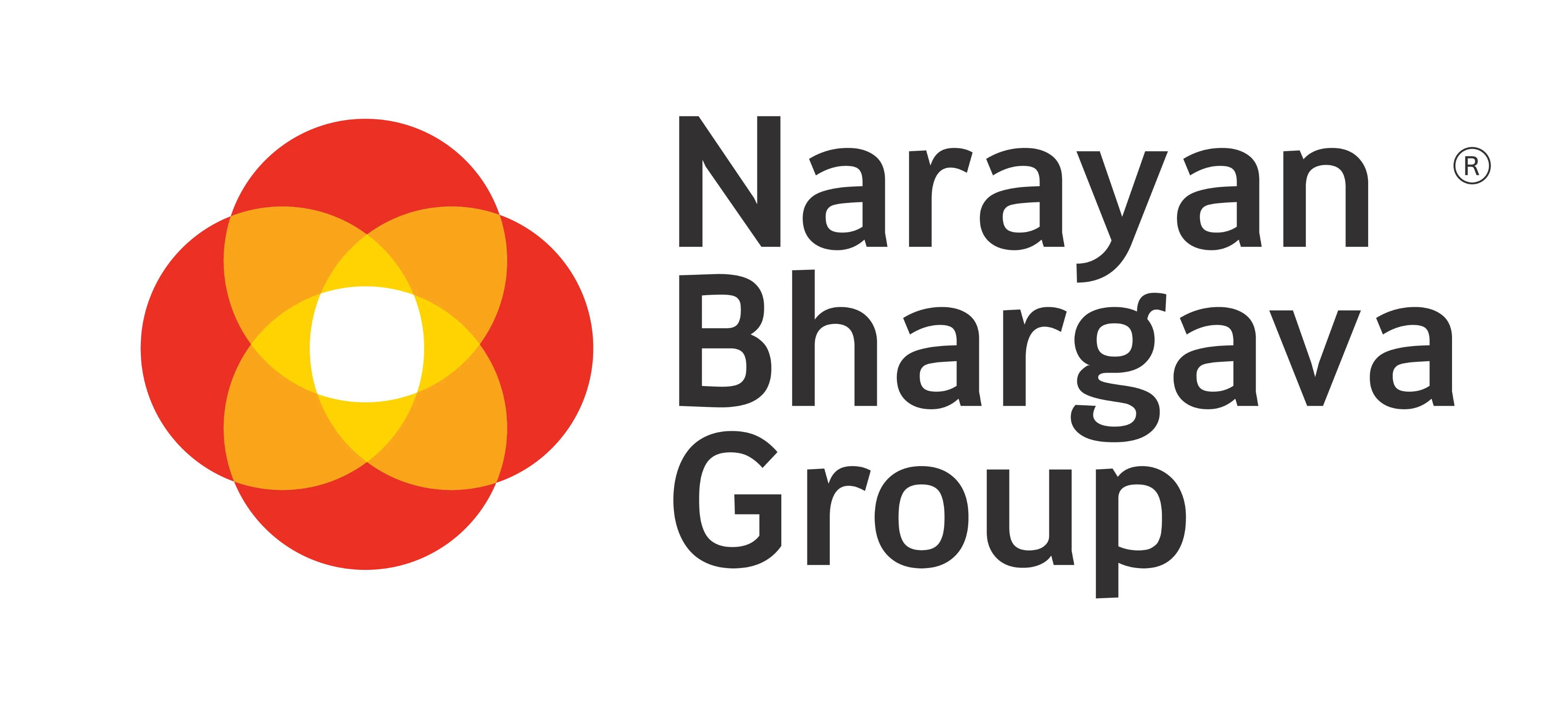Key Regulatory Challenges in 2024
In today's complex regulatory landscape, large corporates in India face a myriad of compliance challenges. From tax regulations and data privacy laws to environmental standards and labor rights, non-compliance can lead to hefty fines, reputational damage, and even legal repercussions. Adhering to legal and regulatory requirements is no longer a peripheral concern – it's a fundamental pillar of corporate responsibility. To navigate this intricate web of regulations effectively, organizations may consider partnering with a compliance management company. These specialized firms possess the expertise and resources to help businesses identify, assess, and mitigate compliance risks, ensuring adherence to statutory compliance requirements and minimizing potential penalties.
The Evolving Landscape of Compliance
Compliance is not a static concept. Emerging regulations, industry best practices, and technological advancements necessitate continuous adaptation. Organizations operating in highly regulated sectors like aviation, pharmaceuticals, and finance understand this well, often facing hefty licensing fees for non-compliance. However, a recent report by Globalscape reveals a startling fact: the cost of non-compliance is 2.71 times higher than the cost of compliance. This underscores the significant financial risks associated with failing to meet legal obligations.
The 2021 cyberattacks serve as a stark reminder of the potential consequences of inadequate compliance. These attacks crippled high-profile businesses due to insufficient information technology (IT) infrastructure, exposing sensitive data and leaving stakeholders vulnerable. Such incidents highlight the importance of compliance solutions like robust data privacy and security regulations, which are increasingly becoming a focus for regulators globally.
Checkout the Top 3 Regulatory Challenges Faced by Businesses in 2024:
AI Regulation
Artificial Intelligence (AI) is rapidly transforming industries and reshaping our daily lives. As AI continues to permeate various aspects of our personal and professional spheres, its implications for businesses are becoming increasingly significant. In 2024, we anticipate a surge in legislative and regulatory activity surrounding AI. Tech giants like Google, Meta, and Microsoft, along with governing bodies across the world, are actively shaping the framework for responsible AI development and deployment. Businesses are struggling to keep up with the evolving regulations surrounding artificial intelligence (AI). Best way to conquer these challenges would be to stay informed about AI-specific regulations, such as those governing bias, transparency, and accountability.
Changes in Risk Standards
Regulatory changes, driven by concerns related to public safety, market trends, or emerging societal and environmental challenges, can significantly reshape the business environment. These alterations can influence various aspects of operations, from costs to market dynamics.
For instance, to comply with new regulatory obligations, businesses may be required to invest in advanced technologies or expand their workforce. These actions can lead to increased operational costs. Moreover, the cost of compliance may create barriers to entry for new businesses or discourage growth for existing ones, altering the competitive landscape. Regulatory changes can have a profound impact on businesses, necessitating adaptability and strategic planning to navigate these evolving requirements effectively.
Data Privacy and Security
Data privacy and security regulations are becoming increasingly complex, making it challenging for businesses to protect customer data and safeguarding the employees' sensitive information from cyber threats. As data breach notification and protection laws continue to expand across jurisdictions, small- to mid-sized enterprises must remain vigilant to ensure compliance.
No business is impervious to cyberattacks, even those with robust cybersecurity measures. The breach at MGM Resorts in Las Vegas in 2023 serves as a stark reminder of the potential consequences, forcing one of the world's largest casinos to temporarily shut down operations to prevent further exposure of customer data.
Employ strong security controls like encryption, access controls, and regular vulnerability assessments. Deploy incident response plans. Emerging workplace technologies, such as biometrics, facial recognition, and geolocation, offer potential benefits but also necessitate careful consideration of privacy laws, regulations, and best practices.
The increasing prevalence of hybrid work environments necessitates heightened attention to data protection measures. Employers must prioritize comprehensive training and cybersecurity awareness about the various forms of cyberattacks, including phishing, smishing, malware, ransomware, and other threats. Compliance services can provide valuable assistance in developing and implementing effective data protection strategies, ensuring adherence to relevant regulations, and mitigating the risks associated with data breaches.
Workplace Safety
Regulatory bodies are placing a greater emphasis on workplace safety, which can require businesses to invest in new safety measures. Put in place appropriate safety equipment, procedures, and training. If any, thoroughly investigate workplace accidents to prevent future incidents.
How to conquer the compliance challenges?
Build a Comprehensive Compliance Management System (CMS)
An effective Comprehensive Compliance Management System (CMS) acts as the backbone of a strong compliance program. It encompasses the organization's compliance policies, processes, audits, and monitoring programs. This system is tailored to the specific needs of each organization and should be flexible enough to incorporate changes in the regulatory landscape.
Benefits of a Robust Compliance Management System
Investing in a comprehensive CMS offers several key benefits:
-
Protection of Stakeholders: A strong CMS safeguards the interests of stakeholders, including investors, consumers, suppliers, employees, and third-party vendors. Internal policies on anti-bribery, non-discrimination, and code of conduct are essential components of stakeholder protection and ensure alignment with legal and ethical standards.
-
Enhanced Reputation: Organizations demonstrating a commitment to ethical practices and legal compliance foster trust and loyalty with stakeholders. This ultimately leads to a stronger brand reputation, improved business relationships, and a potential competitive advantage.
-
Reduced Risk: A well-functioning CMS helps identify and mitigate legal, ethical, and regulatory risks. This protects the organization from potential penalties, fines, and litigation costs, as well as reputational damage.
Common Laws in India that all companies need to adhere to:
- The Companies Act 2013 and Rules thereof.
- Labor and Employment Laws
- Environmental Laws
- Tax and Stamp Duty
The Consequences of Non-Compliance with Indian Laws and Regulations
While India has made strides in liberalizing its corporate regulatory framework, non-compliance with the provisions of the Companies Act 2013, Labor and Employment Laws, Environmental Laws, and Tax and Stamp Duty can have severe consequences. Failure to adhere to these mandates may result in disqualification of directors, imposition of penal provisions, and in some cases, even imprisonment of key personnel.
Compliance Risk Management: A Critical Imperative
Compliance risk refers to the exposure an organization faces due to non-adherence to laws, regulations, internal policies, or best practices. It encompasses legal penalties, financial forfeiture, and reputational damage. Effective corporate compliance risk management, often referred to as GRC (governance, risk management, and compliance), is essential for organizations to operate ethically and mitigate risks. Failure to comply with regulations can result in penalties, fines, contract termination, and reputational harm, ultimately impacting an organization's financial performance and business opportunities. By prioritizing corporate compliance and implementing robust risk management strategies, organizations can safeguard their operations, protect their reputation, and achieve long-term success with Calibehr business solution provider.
Skimming through this article? Just read these Expert Tips:
Understand the Regulatory Landscape: The first step in conquering compliance challenges is to gain a comprehensive understanding of the applicable regulations. This involves staying updated with the latest changes, conducting regular risk assessments, and identifying potential areas of non-compliance. Leveraging compliance management software can significantly simplify this process by centralizing information and automating tasks.
Build a Robust Compliance Framework: A well-structured compliance framework is essential for ensuring adherence to regulatory requirements. This framework should include clear policies, procedures, and controls that address all relevant aspects of compliance. Regular audits and reviews can help identify weaknesses and ensure the framework remains effective.
Invest in Technology Solutions: Technology can play a crucial role in streamlining compliance efforts. Compliance management software can automate tasks, reduce errors, and improve efficiency. Additionally, data analytics can help identify trends and potential risks, allowing organizations to take proactive measures.
Embrace a Culture of Compliance: Compliance should be ingrained into the corporate culture. This means providing employees with adequate training, fostering a culture of ethical behavior, and holding individuals accountable for their actions. By creating a compliance-focused environment, organizations can reduce the risk of non-compliance and build a strong reputation.
Conclusion
Fostering a Culture of Compliance: A Cornerstone of Organizational Success
While policies and procedures are essential, fostering a culture of corporate compliance is equally vital. Organizations must address root causes such as weak administrative frameworks, ineffective management, poorly designed processes, rigid HR policies, and inadequate IT systems to create a compliance-driven environment. Capacity development is crucial for strengthening the compliance program and effectively implementing CIPs.
Compliance management companies that specialize in compliance services can provide valuable assistance in developing and implementing robust compliance management systems. It serves as an invaluable asset, ensuring legal and regulatory compliance, driving operational excellence, fostering trust, and supporting strategic decision-making. By leveraging the expertise of these companies, organizations can ensure adherence to statutory compliance requirements, mitigate risks, and enhance their overall operational efficiency and financial health.








